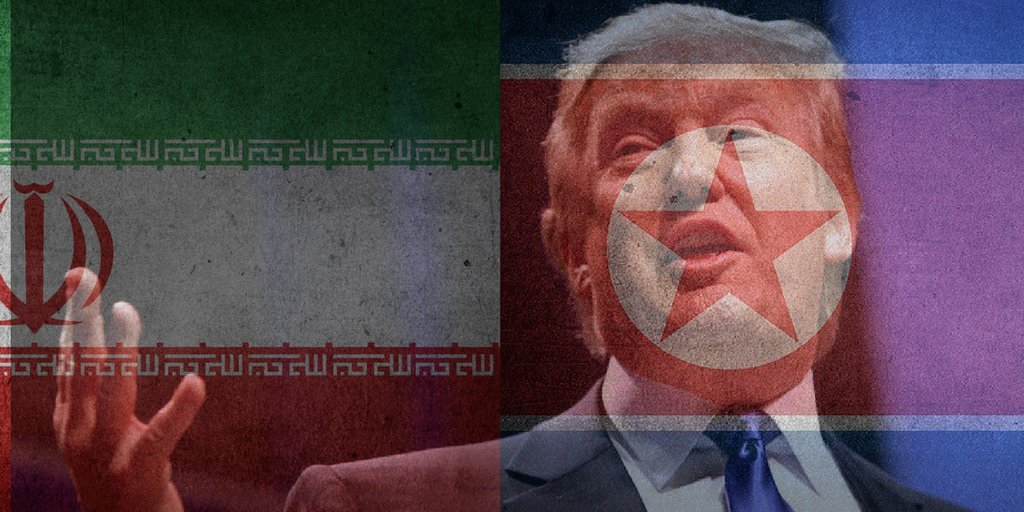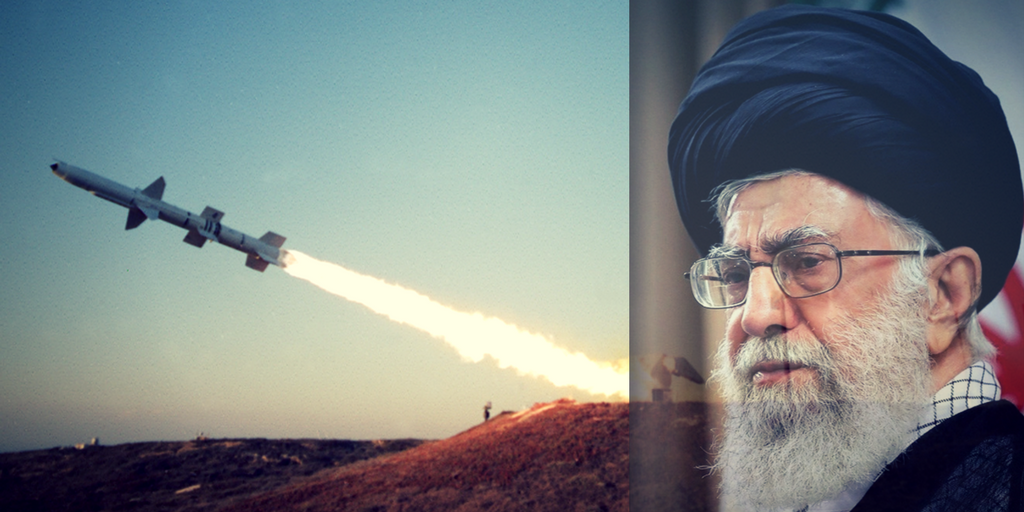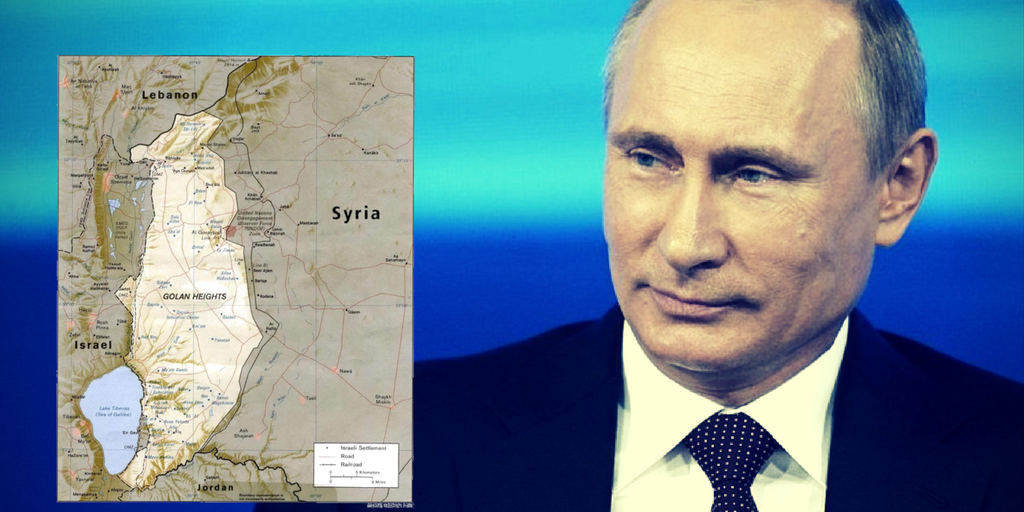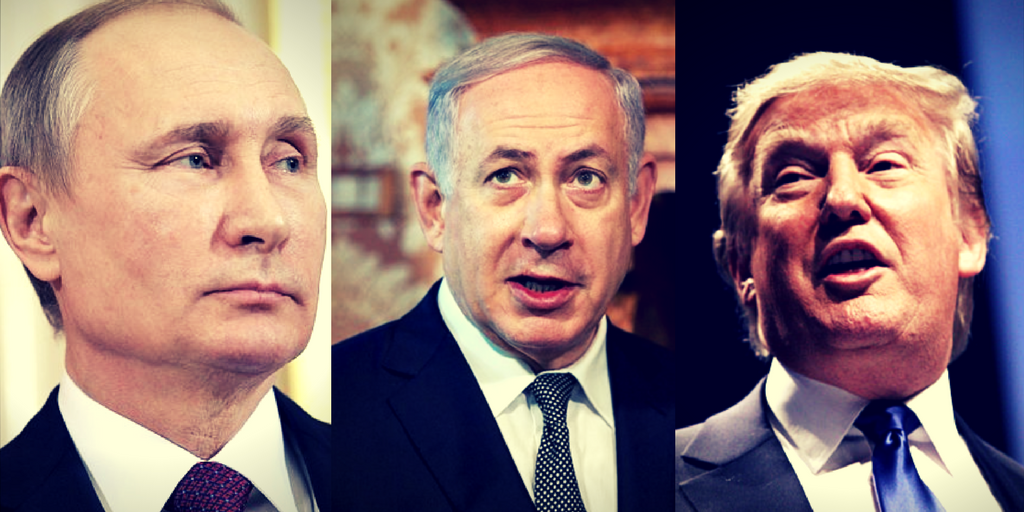Two events in the past week have now reshaped world events and the geo-political landscape for the forseeble future. The first was the Iranian launch of an advanced satellite-carrying rocket that experts believe is cover for the Islamic Republic’s long-range ballistic missile program.
The other was the second ICBM launch on Friday, carried out by the North Korean regime. This ICBM flew 3,724km before crashing into the Sea of Japan. Most experts concur with North Korean leader Kim Jong-Un’s statement that, “The test confirmed that all the US mainland is within striking range.”
Trump had been banking on a year or two to convince the Chinese that they would have no choice but to reign in North Korea. That has gone bust.
I am very disappointed in China. Our foolish past leaders have allowed them to make hundreds of billions of dollars a year in trade, yet…
— Donald J. Trump (@realDonaldTrump) July 29, 2017
Don’t give up Republican Senators, the World is watching: Repeal & Replace…and go to 51 votes (nuke option), get Cross State Lines & more.
— Donald J. Trump (@realDonaldTrump) July 30, 2017
The long term game is over, as well as the parallel track with Iran. There too Trump’s assumption was that Russia, if given certain “carrots” could be enticed to push back against the Ayatollah’s. The satelite launch ended that as well.
With Russia on Israel’s doorstep and Iran preparing for Middle Eastern hegemony, Trump can ill-afford to wait in order to build a coherent foreign policy.
No More White House Distractions
The firing of Reince Priebus and the appointment of General Kelly as his replacement as the new White House Chief of Staff has deep implications on America’s foreign policy. The Trump White House could ill-afford to have the leaks continue during such a sensitive time where crucial decisions involving a two front war would have to be made. General Kelly also brings serious military experience to the White House, setting the stage for flipping the Trump administration to a war presidency.
The Israel Factor
With the Syrian war turning into an existential crisis for Israel, Jerusalem is waiting for the USA to put together a comprehensive strategy in dealing with these two interconnected threats. Given the fact that Syria appears to be the testing ground where Iranian and North Korean know-how are actually merged together on the battlefield, Israel will be called on to alleviate the burden put on America if and when an actual war would break out.





